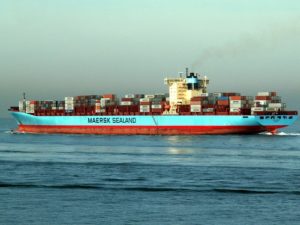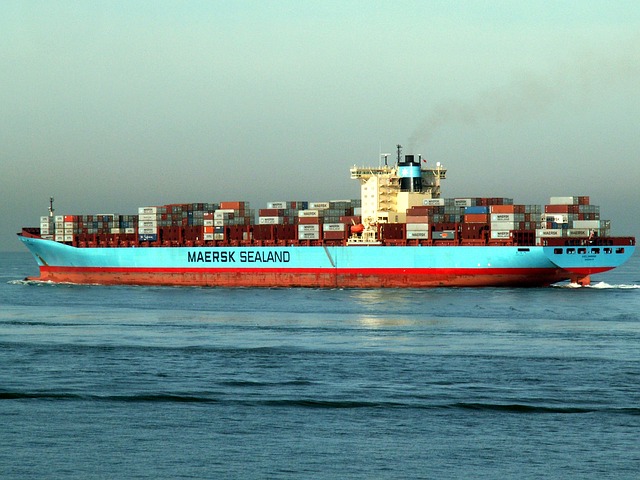 Danish transport and logistics group A.P. Moller-Maersk expects a weak start to 2020 in view of significant volatility and the coronavirus outbreak.
Danish transport and logistics group A.P. Moller-Maersk expects a weak start to 2020 in view of significant volatility and the coronavirus outbreak.
In its interim report on February 20, Maersk said the outlook for 2020 is “subject to significant uncertainties and impacted by the current outbreak of the Coronavirus (COVID-19) in China, which has significantly lowered visibility on what to expect in 2020.”
“As factories in China are closed for longer than usual in connection with the Chinese New Year and as a result of the Coronavirus, we expect a weak start to the year,” it said.
This comes as Maersk reported a lower-than-expected profit for the fourth quarter of 2019, with earnings before interest, tax, depreciation and amortization (EBITDA) increasing slightly to US$1.5 billion. Revenue decreased by 5.5% to $9.7 billion.
EBITDA in ocean declined slightly to $1.1 billion due to lower volumes from a weaker market and capacity initiatives to protect margins.
For the whole of 2019, Maersk improved earnings despite weaker market conditions and global container growth of only 1.4%. EBITDA improved 14% to $5.7 billion compared to 2018 and revenue decreased slightly to $38.9 billion in 2019 from $39.3 billion.
In ocean, EBITDA in 2019 increased 15% to $4.4 billion, driven by a lower cost base. Revenue was $28.4 billion with a small decrease in volumes to 13.3 million FFE.
“While we still need to improve returns, we delivered solid progress in our financial performance in 2019 while progressing the business transformation, in spite of weak trade growth, ongoing trade tensions and geopolitical uncertainty in many markets,” said group CEO Soren Skou.
For 2020, Maersk expects an EBITDA of around $5.5 billion, before restructuring and integration costs.
The organic volume growth in ocean is expected to be in line with or slightly lower than the estimated average market growth of 1%-3% for 2020.
Aside from the fallout from the COVID-19 outbreak, Skou said the guidance for 2020 is also subject to uncertainties related to the implementation of IMO 2020 and the impact on bunker fuel prices and freight rates combined with the weaker macroeconomic conditions and other external factors.
Image by WikimediaImages from Pixabay





